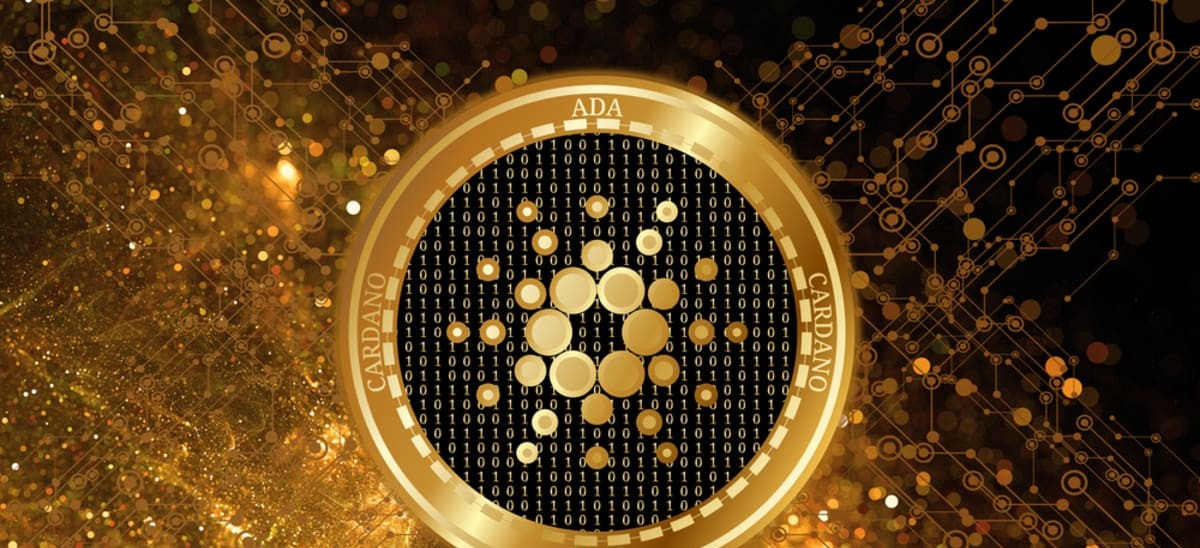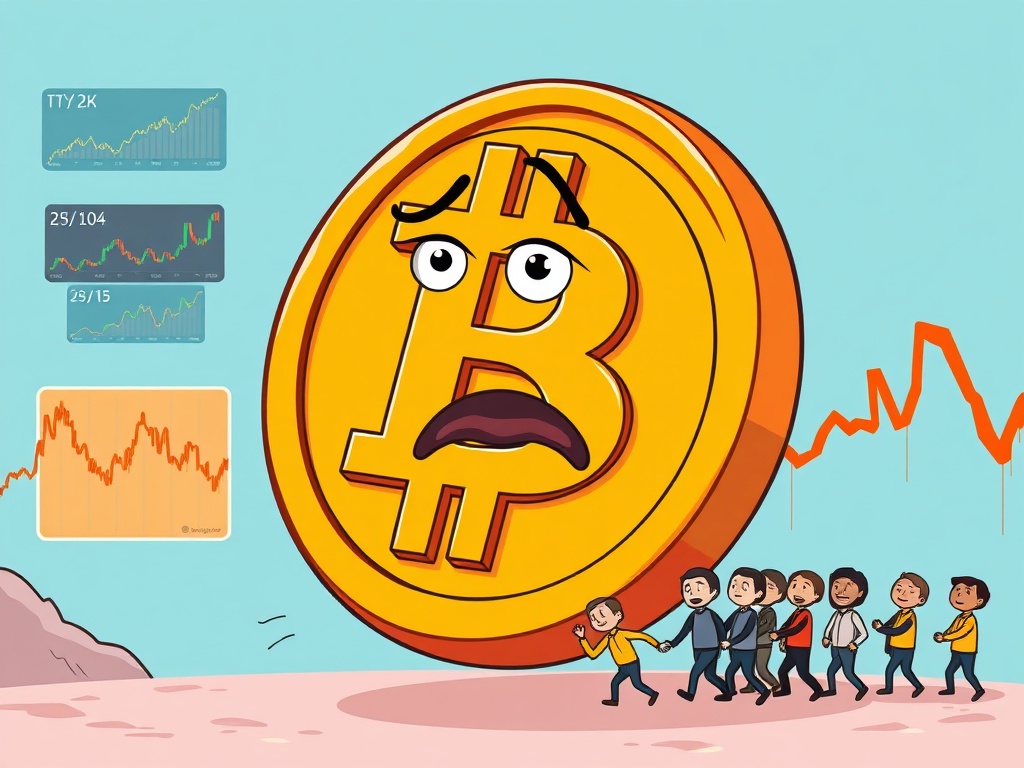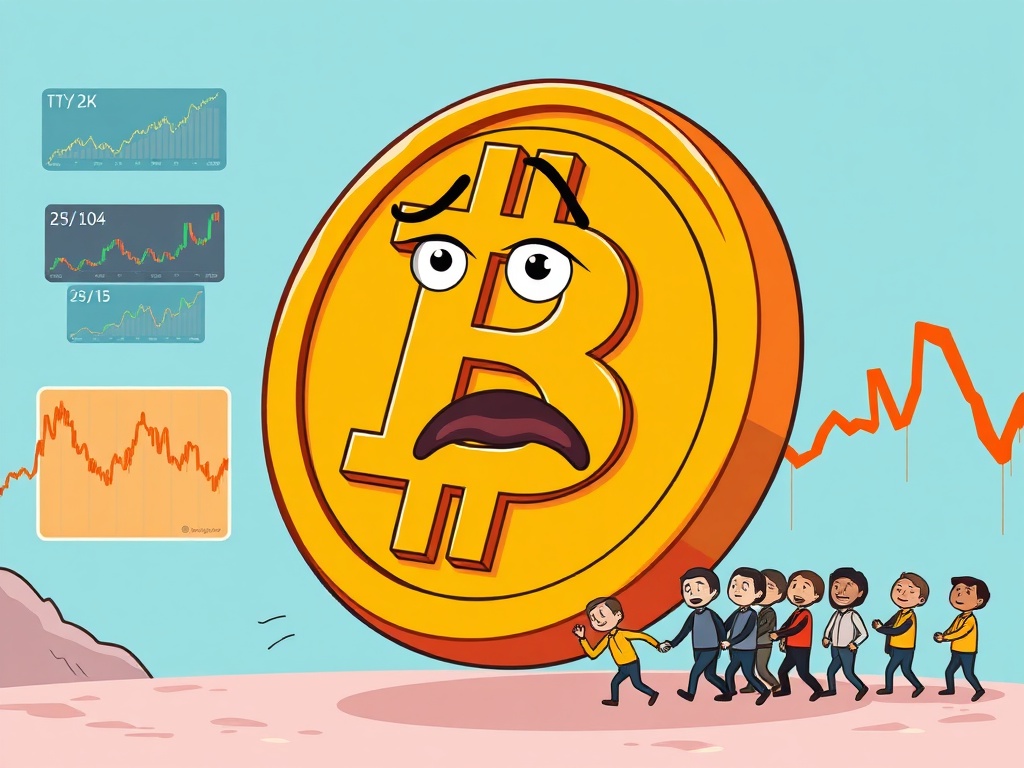The Rise of AI: How Artificial Intelligence is Reshaping Our World
A New Era of Possibilities
Imagine waking up to a world where your coffee is brewed to perfection by a machine that knows exactly how you like it, where your commute is optimized by algorithms that predict traffic patterns, and where medical diagnoses are made with superhuman accuracy. This isn’t science fiction—it’s the reality we’re stepping into, thanks to artificial intelligence (AI).
AI has evolved from a futuristic concept to an everyday tool, transforming industries, reshaping economies, and altering how we live and work. But what exactly is AI, and how is it changing the world?
Understanding AI: More Than Just Robots
What is Artificial Intelligence?
At its core, AI refers to machines designed to mimic human intelligence—learning, reasoning, problem-solving, and even decision-making. Unlike traditional software, which follows rigid instructions, AI systems adapt and improve over time.
There are two main types of AI:
– Narrow AI (Weak AI): Specialized for specific tasks, like voice assistants (Siri, Alexa) or recommendation algorithms (Netflix, Spotify).
– General AI (Strong AI): A theoretical form of AI that can perform any intellectual task a human can. We’re not there yet, but advancements are accelerating.
How Does AI Work?
AI relies on machine learning (ML) and deep learning (DL), subsets of AI that enable systems to learn from data.
– Machine Learning: Algorithms analyze vast datasets to identify patterns and make predictions. For example, fraud detection in banking.
– Deep Learning: Uses neural networks (inspired by the human brain) to process complex data like images, speech, and text. Think facial recognition or self-driving cars.
AI in Everyday Life
1. Personal Assistants & Smart Homes
From Siri to Google Assistant, AI-powered voice assistants have become household staples. Smart thermostats like Nest learn your preferences, adjusting temperatures automatically to save energy.
2. Healthcare Revolution
AI is revolutionizing medicine by:
– Diagnosing diseases faster than human doctors (e.g., IBM Watson’s cancer detection).
– Predicting outbreaks (AI models tracked COVID-19 spread in real time).
– Personalizing treatments based on genetic data.
3. Finance & Fraud Detection
Banks use AI to:
– Detect fraudulent transactions in milliseconds.
– Automate customer service with chatbots.
– Predict stock market trends (though with mixed success).
4. Transportation & Self-Driving Cars
Companies like Tesla and Waymo are pioneering autonomous vehicles, reducing accidents caused by human error. AI also optimizes logistics, from Uber’s route planning to Amazon’s drone deliveries.
5. Entertainment & Content Creation
– Netflix & Spotify use AI to recommend shows and music.
– AI-generated art (DALL·E, Midjourney) is blurring the line between human and machine creativity.
– Deepfake technology can create hyper-realistic videos, raising ethical concerns.
The Challenges & Ethical Dilemmas
1. Job Displacement
AI automation threatens jobs in manufacturing, customer service, and even creative fields. However, it also creates new roles—AI trainers, ethicists, and data scientists.
2. Bias & Discrimination
AI learns from human-generated data, which can embed biases. For example:
– Facial recognition struggles with darker skin tones.
– Hiring algorithms may favor certain demographics.
3. Privacy Concerns
AI systems collect massive amounts of personal data. Who owns this data? How is it protected? Cases like Cambridge Analytica highlight the risks.
4. The Existential Debate
Elon Musk and Stephen Hawking warned about superintelligent AI surpassing human control. While still speculative, experts urge regulation to prevent misuse.
The Future of AI: What’s Next?
1. Quantum AI
Combining AI with quantum computing could solve problems in seconds that would take traditional computers millennia.
2. AI in Space Exploration
NASA uses AI to analyze cosmic data and pilot rovers on Mars. Future missions may rely entirely on AI astronauts.
3. Emotional AI
Machines that understand human emotions could revolutionize mental health care, education, and customer service.
4. Regulation & Global Cooperation
Governments are racing to establish AI ethics frameworks. The EU’s AI Act and Biden’s AI Bill of Rights aim to balance innovation with safety.
Conclusion: Embracing the AI Revolution
AI is not just a tool—it’s a transformative force reshaping society. The key lies in harnessing its potential while addressing its risks.
Will AI lead us to a utopia of efficiency and innovation, or will it deepen inequalities and ethical dilemmas? The answer depends on how we guide its evolution. One thing is certain: the AI revolution is here, and it’s changing everything.
—
Sources:





